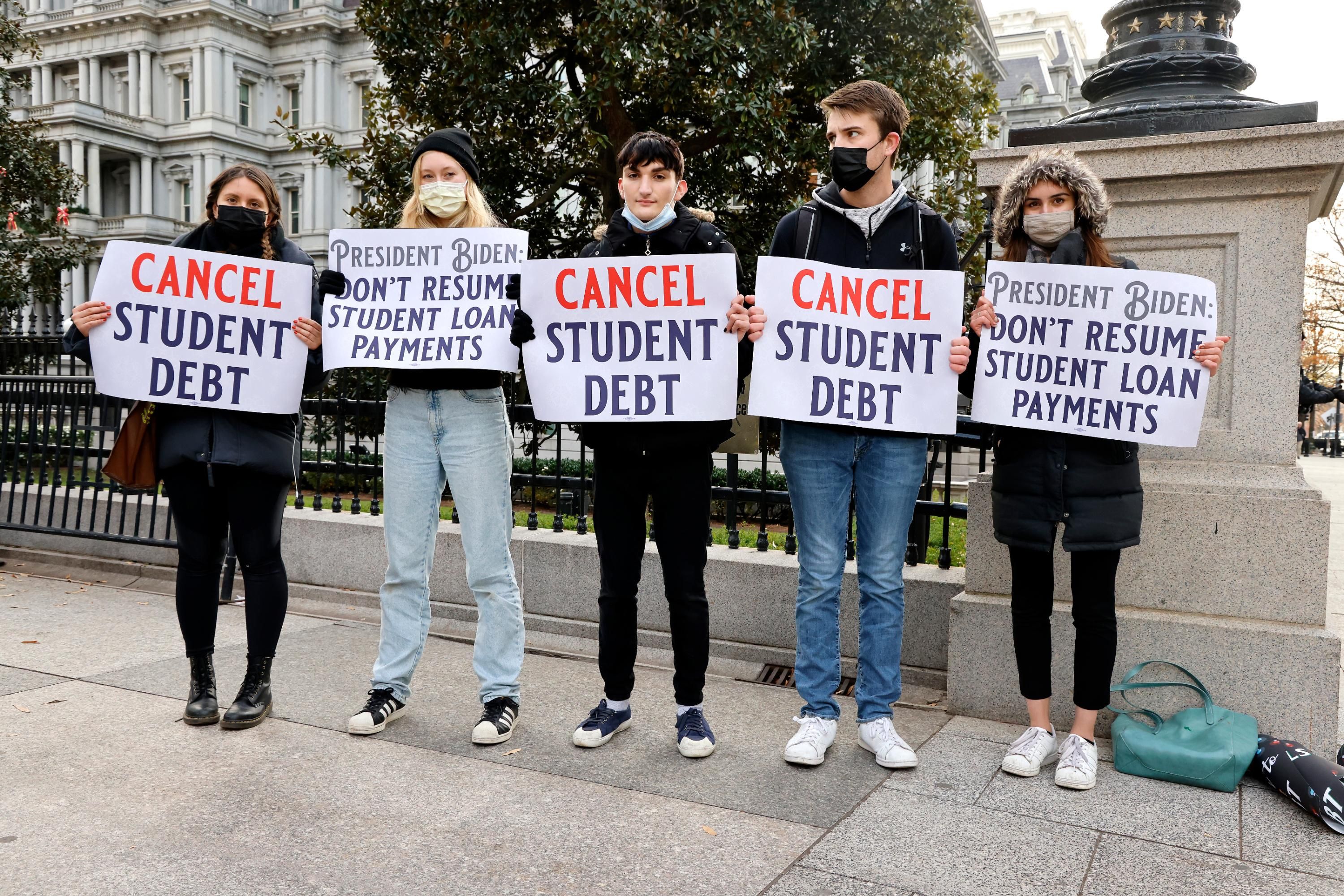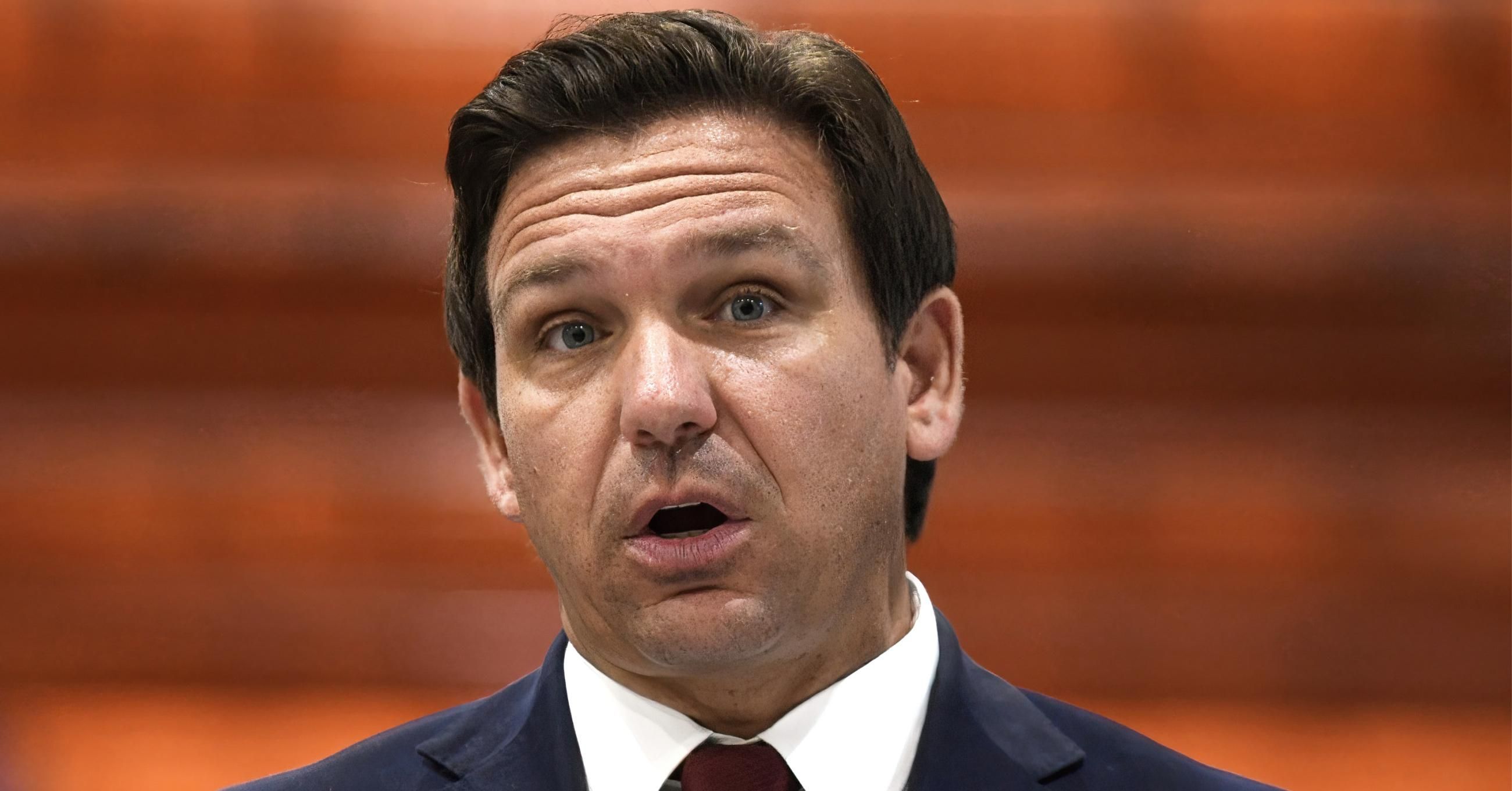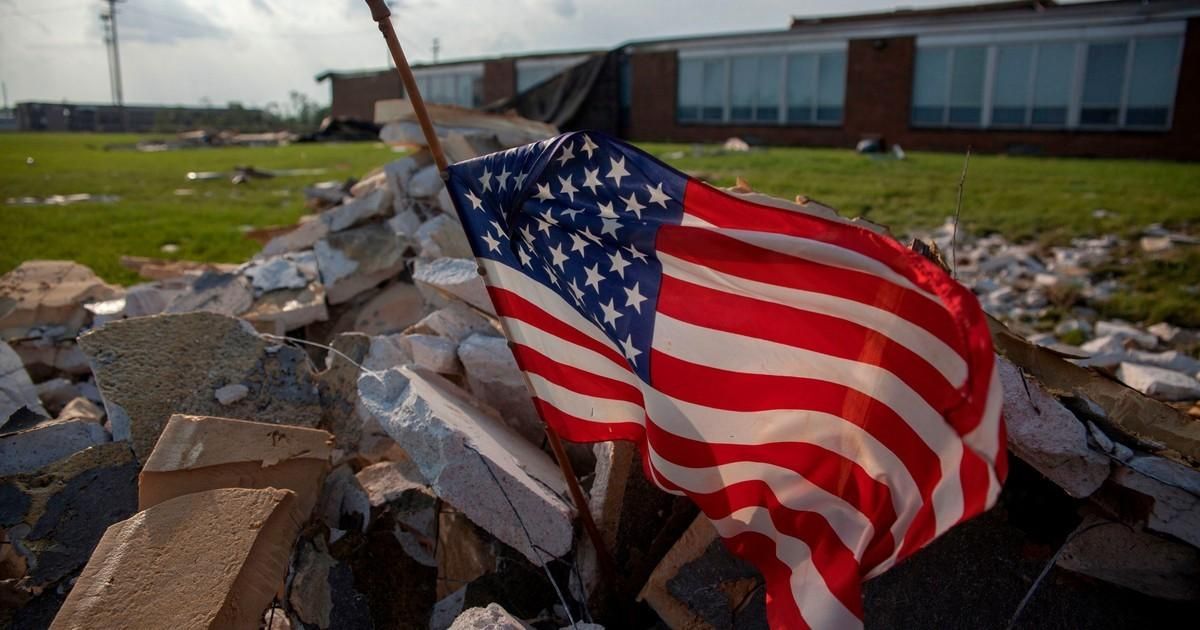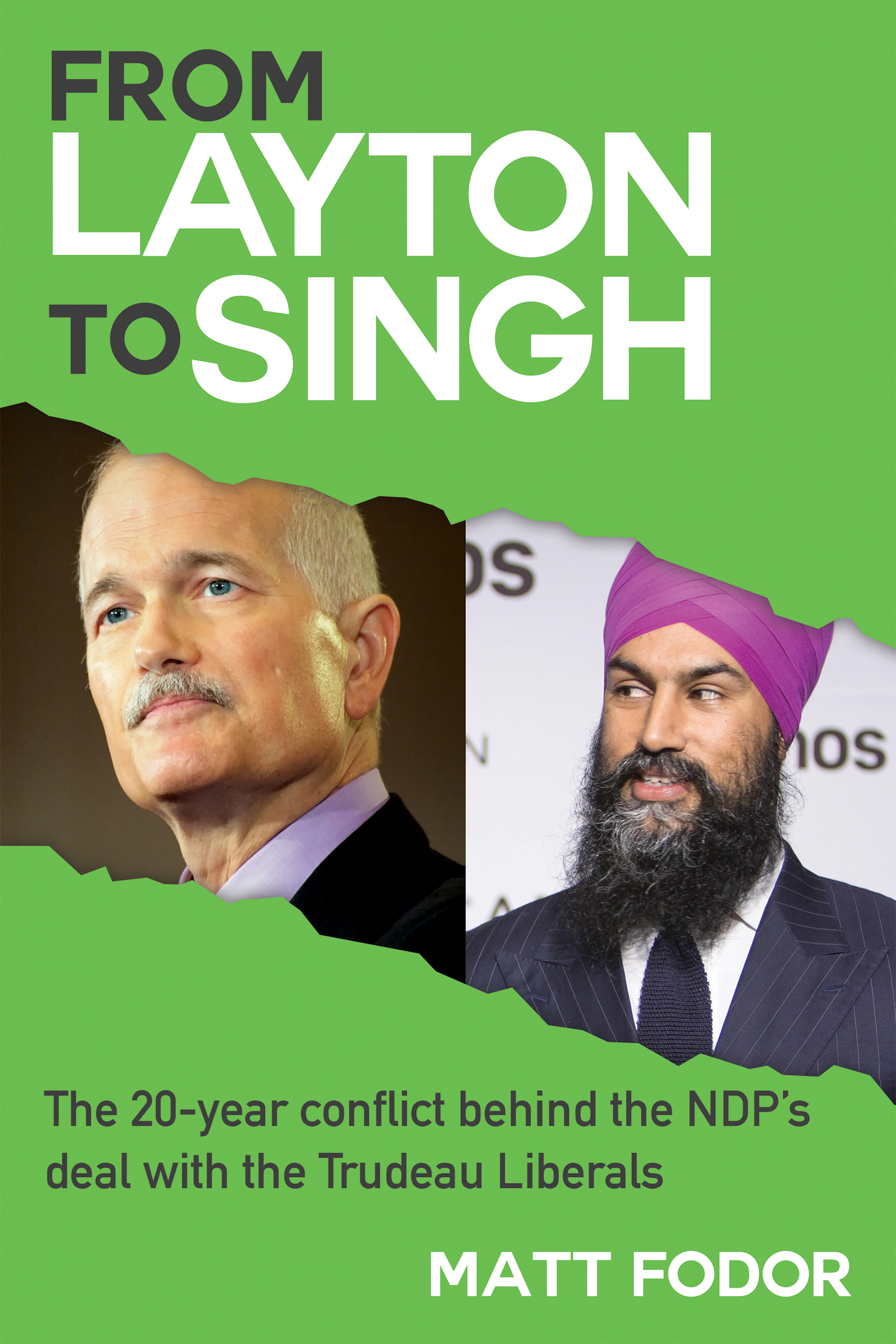La Chinoise
Jean-Luc Godard | Letterboxd | 1967
Jean-Luc Godard, the legendary film director that helped usher in the French New Wave, died earlier this week through assisted suicide.
Here’s the description of the film from Kanopy: “Paris, 1967. Disillusioned by their suburban lifestyles, a group of middle-class students, led by Guillaume (Jean-Pierre Léaud) and Veronique (Anne Wiazemsky), form a small Maoist cell and plan to change the world by any means necessary. After studying the growth of communism in China, the students decide they must use terrorism and violence to ignite their own revolution. Director Jean-Luc Godard, whose advocacy of Maoism bordered on intoxication, infuriated many traditionalist critics with this swiftly paced satire.” (96 minute watch)
Establishing Shot Revolutions of an Art(ist): La Chinoise, Changing Politics, Changing Film, and a Changing GodardPosted on by Nathaniel Sexton  By the time Godard began making La Chinoise in 1967, the radicalism of his previous cinematic experiments, constituting a front-line of the popular thrust of the French New Wave, had begun to lag behind the leftism of the elite French intelligentsia and its growing student army. Godard, fearful of being out of step at the young age of thirty-six, requested that his then-girlfriend and soon-to-be-wife, actress Anne Wiazesmky, a student at the new Paris Nanteere University, introduce him to her Marxist-Leninist friends. Through Wiazemsky’s acquaintances Godard met future artistic collaborator Jean-Pierre Gorin. Wiazemsky knew students who studied Marx but Gorin was friends with self-described Maoists.  La Chinoise has been called prescient for the ways in which it anticipates the political upheavals of Mai 1968. This is no mistake as Godard was making the film following the inspiration of meeting young, politically zealous, and theoretically sophisticated students, a section of the student population that would eventually help unify workers and young people against the de Gaulle government, U.S. imperialism and the war in Vietnam. These changing politics were resonant with Godard, not just as an explanation or response to the political problems facing France and the world, but also as an embodiment of a more radical approach to art-making and art appreciation. As much as the French New Wave set itself against conventional modes of filmmaking, Godard and many of his Cahiers du Cinéma compatriots celebrated the films of Hollywood masters like John Ford, Howard Hawks, and Alfred Hitchcock. At the very least, these Hollywood films were not the staunch prestige films of old France, the tradition the New Wave most importantly opposed. And where Hollywood’s inspiration was powerful—it can especially be seen in the plays on the crime and detective stories throughout Godard’s 1960s work—it had its limitations. The narrow conventional modes and form of Hollywood filmmaking came to stand in for or mimic the draconian foreign policies of the Cold War that became ever more politically unpalatable for the young leaders of the New Wave.   In 1963 the editorship of Cahiers du Cinéma, the leading film journal of France, changed from Eric Rohmer to Jacques Rivette, and so the magazine changed to a more politically radical voice and began focusing less on Hollywood films and more on formalistically adventurous European and Asian cinemas. In the mid-1970s, following the upheaval of Mai 1968—its promise of revolution and its subsequent failure to upend French liberalism and capitalism—the Cahiers magazine would become managed by a Maoist collective, and its political interests and aesthetic values would be increasingly radical. These political changes took hold of much of the intellectual and art circles throughout France after the collapse of 1968. Godard, amidst it all, as a working popular filmmaker, a public intellectual, political activist, and writer for Cahiers, experienced these changes personally. In the middle of La Chinoise, the character Henri (Michel Semeniako) gives a revisionist defense of the Soviet socialist project. During his defense, Henri uses the 1954 Nicholas Ray film Johnny Guitar to illustrate his point. His adherence to Hollywood filmmaking and his outmoded politics are a point of critique and humiliation for his radical comrades. His character is eventually expelled from the collective for having abandoned radicalism. It’s important to note that Ray and Johnny Guitar were hugely important to the aesthetic of Cahiers du Cinéma and each were personal favorites of Godard. Here we see not a total rejection of Godard’s old associations, old inspirations, and old politics, but a process of change, a demand for a new way of thinking about politics and as such thinking about the cinema. Godard believed that the New Wave must produce an opposition to itself or it must perish, and along with it, Godard saw these various revolutions as a process of personal change, to re-imagine the self, its politics, its relationships, and its art, a total project of revolution that begins with Godard’s singular obsession, the cinema.   Although La Chinoise has often been figured as a less personal project than Godard’s previous ’60s work, and as the starting point of a so-called political or revolutionary period (1968-79), it is no doubt that Godard’s earlier films are more political than is remembered, and his middle career more personal than is afforded. Les Carabiniers (1963) is an unapologetic anti-war film. Le Petit Soldat (1960), banned by the French government and not seen until 1963, supports Algerian independence. Vivre sa vie (1962) is a social-problem film with deeply felt sympathies for its working class characters. After 1968, the modes of filmmaking for Godard become different and there is a perceptual change in the content and form of the work. The films become more didactic, more theoretically dense, more formally avant-garde, and seemingly less interested in melodrama. The filmmaking becomes highly collaborative and for a period in the 1970s it becomes collectivist, Godard and Gorin forming the core of the Maoist filmmaking group Dziga-Vertov. However, just like La Chinoise, these political films are no less personal to Godard, many of them assuming the role of a self-critique and moral self-introspection, and many still reflecting back on the autobiographical content that constituted much of his 1960s work, his failed marriages with Anna Karina and Anne Wiazemsky, his stubbornness and anger, his isolating intellectualism and a need to connect to the people for whom the political problems of the world are most felt. At the Cannes International Film Festival in 1968, following the beginning of the mass protests and riots that had besieged France, Godard, François Truffaut, and countless other filmmakers called for the closing of the festival. In a series of episodes, filmmakers stormed the stages of screenings and jumped onto and hung from the curtains to prevent films from playing. The French government had fired legendary French film archivist Henri Langlois from his position as director of the Cinémathèque Française. Langios was a hero and a sort of mentor to Godard and the rest of the New Wave. They had been educated in his movie theater, sitting in the front row, falling in love with the movies. The festival was halted and eventually Langlois would be reinstated, but the fissures in French politics and culture were irreparable, and for Godard they could not be ignored. Godard went on to change his whole notion of cinema; Truffaut would dedicate his next film, Stolen Kisses, to Langlois.  The successes of the French New Wave were apparent but its popularity and its complacency, against the new radicalism of a French intellectual class, became suspect or, at least, no longer interesting. The New Wave had kind of become a new traditionalism; it had emerged originally as an opposition to the French tradition of quality, but had been too triumphant and had instituted a new regime, unable under its own parameters to keep pace with the rapid political changes amassing around it. The New Wave needed its own negation, its own project of opposition. Godard makes La Chinoise in order to not just make sense of the political convictions and ferocity of a new intellectualism in France, but also to interrogate his own politics, his own modes of art making, and to begin again, anew, from some sort of original position, a revolutionary cinema project to overturn, but not without love and complexity, the New Wave he himself helped institute.  Although La Chinoise has already played as part of the ongoing Wounded Galaxies Festival and Conference and critic J. Hoberman’s visit to Indiana University Cinema, the new film by Michel Hazanavicius, Godard, mon amour (AKA Le redoubtable), which dramatizes Godard and Wiazemsky’s relationship during the late 1960s and the tumult of 1968, plays at IU Cinema on Monday, April 30th and Wednesday, May 2nd. Many of Godard’s early, middle, and late work can be found streaming on Kanopy through IU Libraries.
|




.jpg)

















